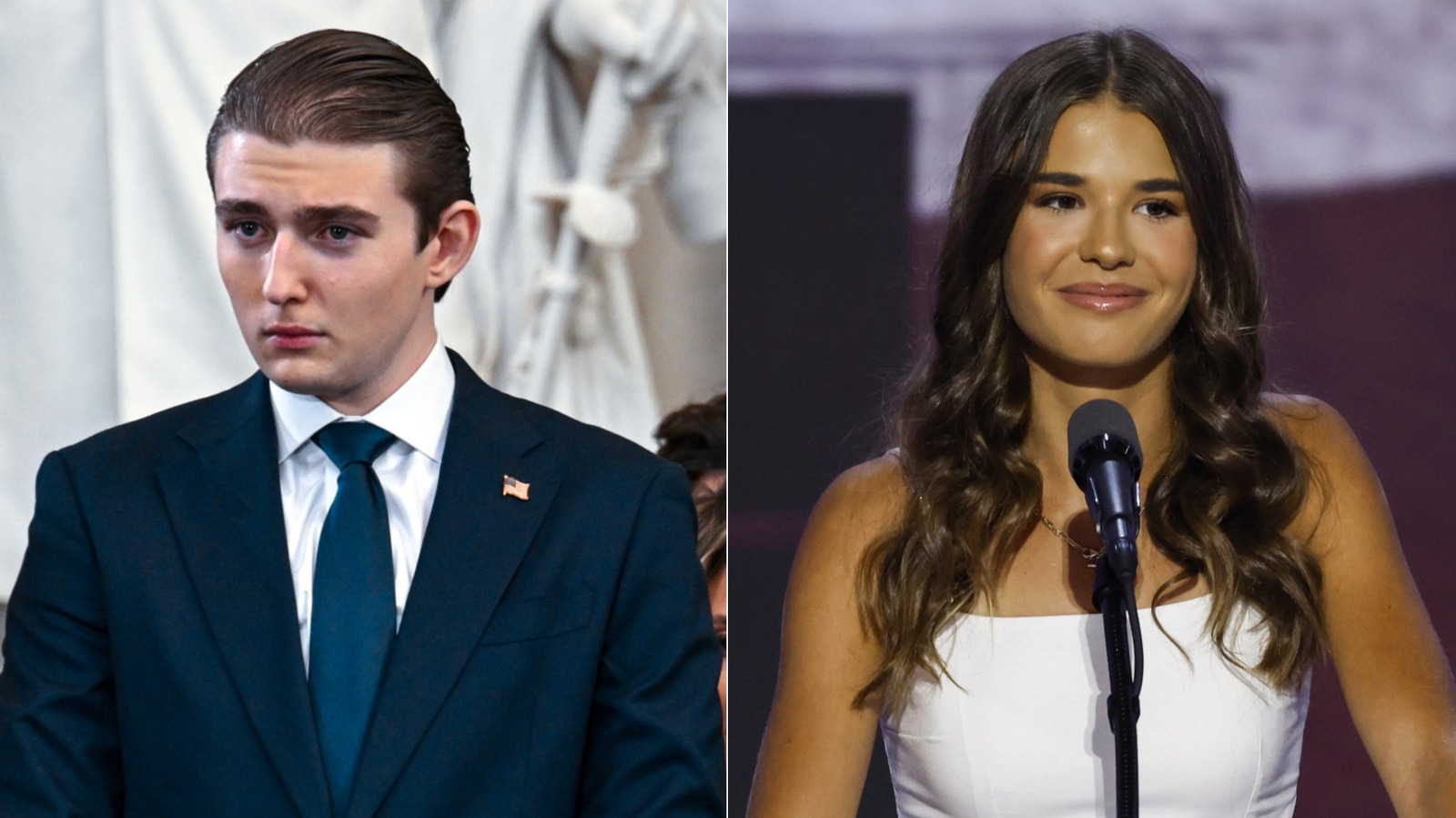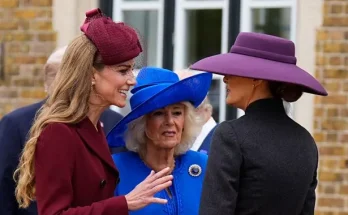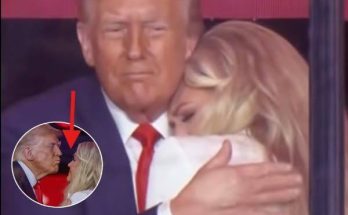The Celebration That Sparked a Backlash
When ABC announced the sudden cancellation of Jimmy Kimmel Live!, Donald Trump wasted no time in celebrating. From his social media pulpit, he mocked Kimmel as “irrelevant” and hailed the decision as “good news for America.” For a moment, it seemed as though Trump had succeeded in silencing one of his most vocal late-night critics.
But what no one realized was that less than 24 hours later, Jimmy Kimmel would launch a stunning counterattack—one that turned Trump’s celebration into a hollow victory.
Decision One: Taking It to Court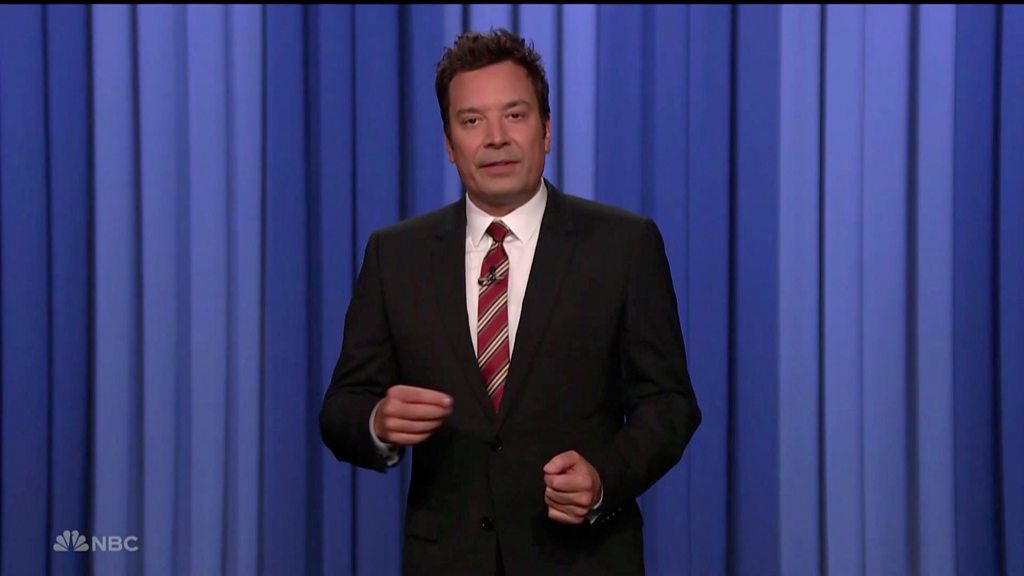
Kimmel’s first move was not a joke, nor a monologue—it was legal action. Within hours, he assembled a formidable legal team and announced plans to sue both ABC and the FCC, accusing them of caving to political pressure from Trump.
The lawsuit, insiders say, will argue that the cancellation was not merely a business decision but a direct violation of free speech. For many older Americans who lived through the Nixon years, Kimmel’s move carried a chilling reminder of the dangers of political interference in media.
By turning the fight into a courtroom battle, Kimmel wasn’t just defending his show—he was defending the principle that comedians, critics, and citizens alike must have the right to speak without fear of political retaliation.
Decision Two: Building a Coalition of Stars
Kimmel’s second move electrified Hollywood. He joined forces with a coalition of celebrities who issued a public statement condemning the Trump administration’s “campaign of intimidation against free voices.”
The statement went viral, sparking a wave of solidarity across the entertainment industry. Within days, reports emerged that Disney’s streaming platforms lost a significant number of subscribers, a direct backlash against what viewers saw as the company’s capitulation to Trump.
For the generation that grew up with artists and entertainers standing shoulder to shoulder in moments of political unrest—from Bob Dylan’s songs to Jane Fonda’s protests—Kimmel’s move revived the spirit of cultural resistance.
Decision Three: Exposing Abuse of Power
Finally, Kimmel escalated the fight beyond entertainment. He joined forces with constitutional scholars and media organizations to publish a white paper accusing Trump of abusing presidential power through the FCC.
The report alleged that the administration had twisted regulatory bodies into tools of censorship, punishing dissenting voices while rewarding allies. This wasn’t just about a late-night show anymore—it was about the integrity of democracy itself.
For Americans 45 and older, who witnessed past battles over civil liberties and freedom of expression, Kimmel’s decision carried enormous weight. It turned a personal feud into a national debate.
The Larger Fight
Trump may have celebrated the cancellation, but in less than a day, Kimmel reframed the entire story. He was no longer the comedian on the defensive. He was the man leading a fight for free speech, for artistic independence, and for the principle that laughter—even when sharp, even when uncomfortable—must not be dictated by politics.
The question now is not whether Jimmy Kimmel will return to late-night television. The real question is whether America will allow politicians to decide what voices can—and cannot—be heard.
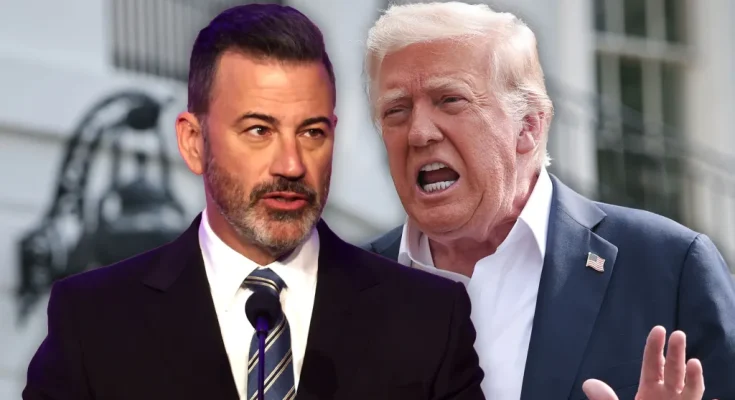
:format(jpg)/f.elconfidencial.com%2Foriginal%2F708%2F4f1%2F92f%2F7084f192ff8434e74e25a817392f707f.jpg)
